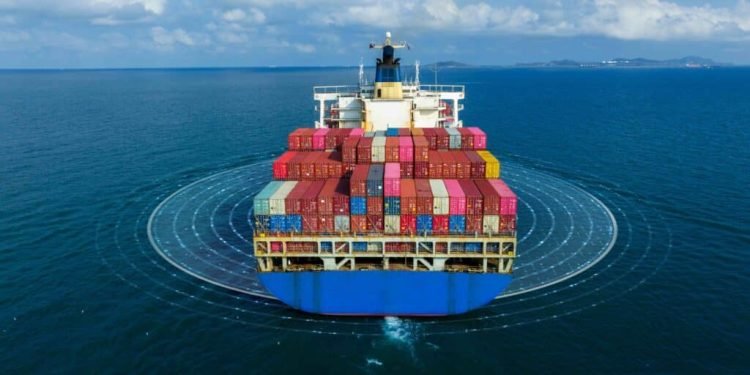The air cargo industry is undergoing a significant transformation, driven by the need to adapt to evolving trade regulations and the pursuit of greater operational efficiency. Advanced technologies are at the forefront of this evolution, streamlining cargo handling processes, reducing costs, and improving customer satisfaction.
Advanced Screening Technologies
Traditional manual inspections at airports are often slow and labor-intensive. To address this, cargo handlers are adopting advanced scanning systems powered by artificial intelligence (AI) and machine learning. These high-resolution scanners utilize X-ray and 3D imaging to analyze shipments in real-time, identifying restricted items or anomalies without manual intervention. This approach significantly reduces clearance times while ensuring compliance with trade regulations.
Automation in Cargo Movement
The buildup and breakdown of cargo, especially palletization, have traditionally been labor-intensive tasks. Companies like Speedcargo are revolutionizing this aspect by deploying robotics integrated with AI-powered software. These systems optimize load planning and handle the physical movement of goods, reducing reliance on manual labor and enhancing efficiency.
Utilization of Automated Guided Vehicles (AGVs)
AGVs are becoming integral to modern cargo handling, particularly in warehouse and terminal operations. These autonomous vehicles transport cargo with minimal human intervention, improving efficiency and workplace safety. At major hubs like JFK International Airport, AGVs facilitate faster turnaround times and reduce cargo damage by efficiently moving shipments across terminals.
Data-Driven Solutions
The elimination of the de minimis threshold for shipments from regions like China and Hong Kong has increased the need for thorough documentation and verification. To manage these complexities, logistics providers are investing in pre-clearance shipment data systems. These platforms allow customs and regulatory bodies to access shipment information in advance, expediting the clearance process and maintaining the speed advantage of air cargo.
As the air cargo industry continues to navigate shifting trade policies and operational challenges, the adoption of advanced technologies is no longer optional but essential. By embracing these innovations, cargo handlers can achieve greater efficiency, compliance, and customer satisfaction in an increasingly complex global trade environment.
For more insights into technological advancements in logistics, stay connected with The Logistic News.
#CargoHandling #AirCargo #LogisticsTechnology #TheLogisticNews






















